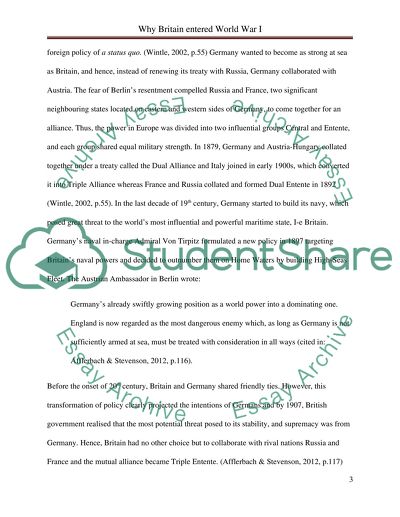Cite this document
(“Reasons behind Britains decision to participate in World War I Essay”, n.d.)
Retrieved from https://studentshare.org/history/1468645-reasons-behind-britains-decision-to-participate-in-world-war-i
Retrieved from https://studentshare.org/history/1468645-reasons-behind-britains-decision-to-participate-in-world-war-i
(Reasons Behind Britains Decision to Participate in World War I Essay)
https://studentshare.org/history/1468645-reasons-behind-britains-decision-to-participate-in-world-war-i.
https://studentshare.org/history/1468645-reasons-behind-britains-decision-to-participate-in-world-war-i.
“Reasons Behind Britains Decision to Participate in World War I Essay”, n.d. https://studentshare.org/history/1468645-reasons-behind-britains-decision-to-participate-in-world-war-i.


